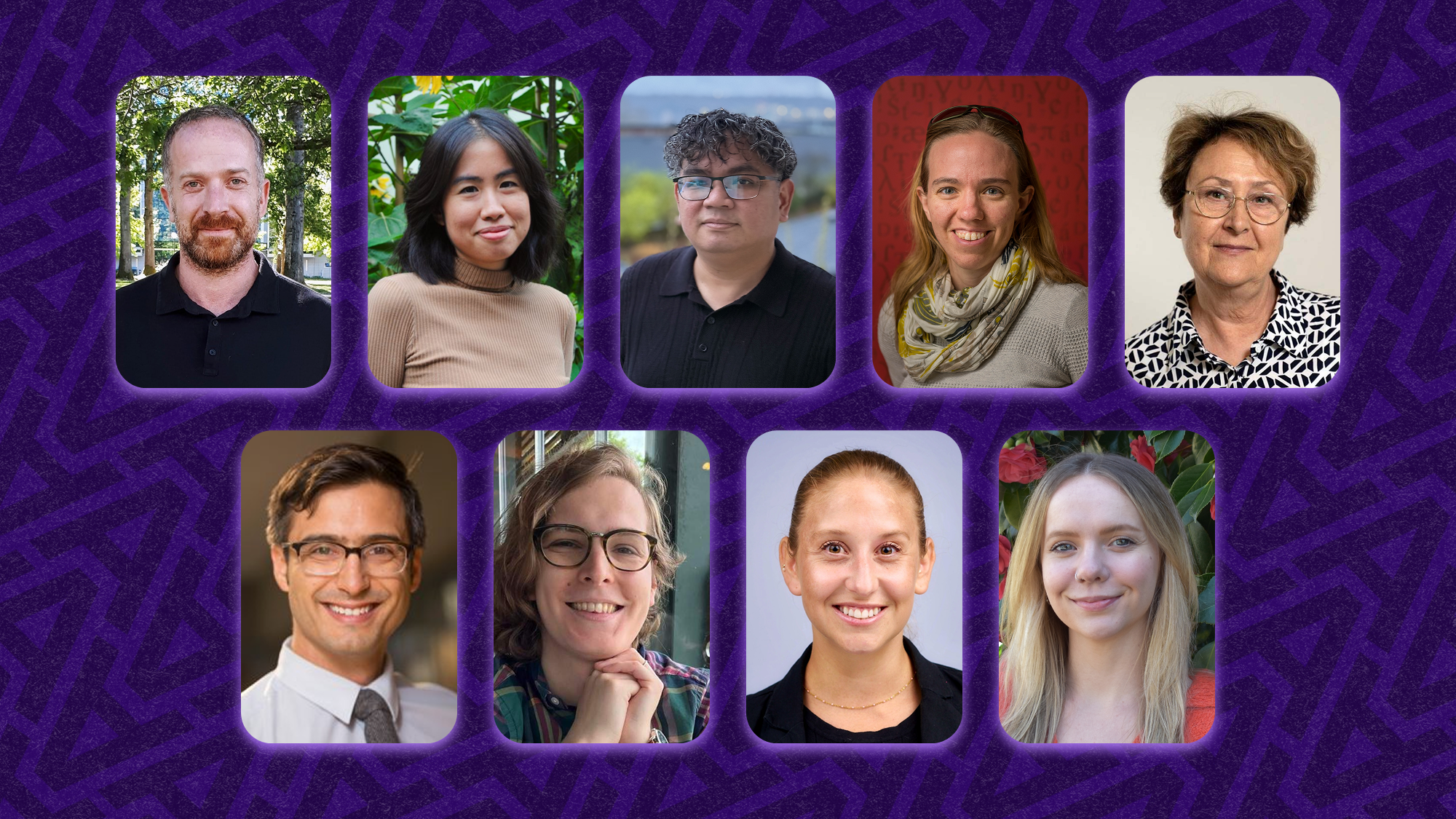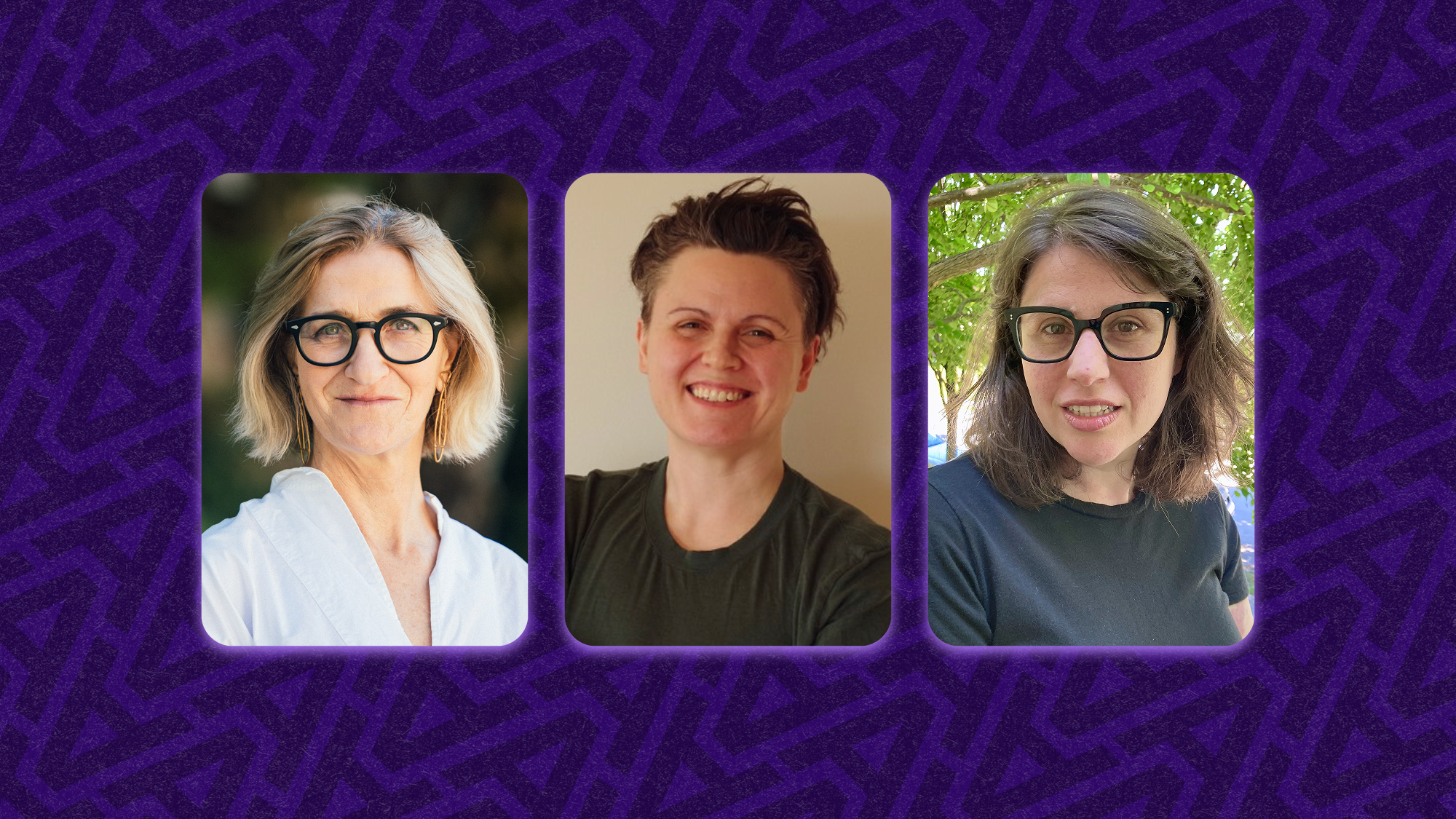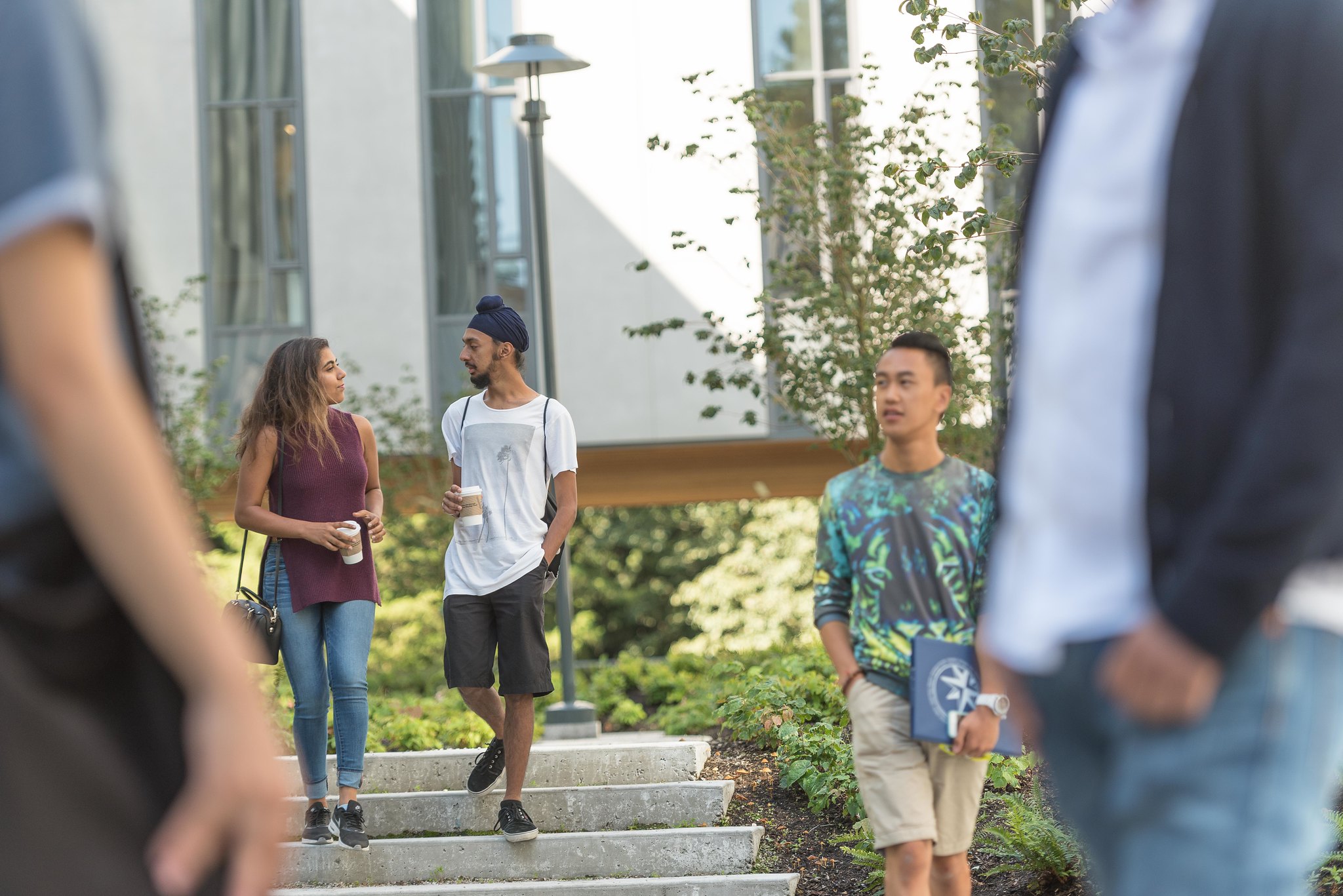

Ten Research Excellence Clusters led by UBC Arts researchers will receive support in 2025/26.
These interdisciplinary networks bring researchers together to tackle societal and cultural challenges that go beyond traditional departmental, institutional, and funding boundaries.
At UBC Vancouver, funding for these clusters is provided through the Grants for Catalyzing Research Clusters (GCRC).
New Clusters
Cinema Thinks The World
Cinema Thinks The World is a large-scale cluster that will bring together numerous scholars on and with film and other audiovisual media at UBC. This cluster will offer a series of scholarly and public-facing events, including in partnership with the Cinematheque. A symposium and a conference will be held on its chief themes of de-westernising and decolonising film studies, including via the production of non-traditional academic outputs, specifically audiovisual work. Finally, and perhaps most importantly, this cluster aims to work towards several successful SSHRC and other grant proposals.
Cluster lead: William Brown (Theatre and Film)
Circular Textiles, Sustainable Fibre, Slow Fashion
This emerging interdisciplinary cluster, of applied science, creative arts and humanities scholars, works on the complex problems of sustainability in textiles and clothing. The breadth of research and creation informs the cluster name: Circular Textiles includes creative production and technologies using biodegradable materials or textile waste; Sustainable Fibre addresses fabric-making traditions, traditional ecological knowledge and regenerative food-and-fibre systems; and Slow Fashion aims to motivate changed consumption habits and reduce garment waste. Research methods include technical and creative experimentation, modeling, and cultural and historical research. Annual public Slow Fashion Season events will inspire, inform, and exchange knowledge.
Cluster lead: Germaine Koh (Art History, Visual Art & Theory)
Climate Disinformation and Obstructionism Research Cluster
This cluster is organized around research on identifying climate change disinformation (through both traditional social science methods, and newly emerging computational means), and developing strategies to counter obstruction of climate action. A central goal of this initiative is to establish this research excellence cluster as a knowledge hub, and scholarly network, equipped to engage with the public, and help key communities address the challenge of climate disinformation and obstruction. In this context, a network of scholars with complementary strength will be developed, and external research funding from Tri-Council agencies, government, and private sources will be pursued.
Cluster lead: David Tindall (Sociology)
Curatorial Research Cluster
This cluster will bring together UBC faculty members from four academic units at both UBC campuses (Art History, Visual Art & Theory, Anthropology, School of Music, Creative and Critical Studies), curators from UBC cultural units (Morris and Helen Belkin Art Gallery, Museum of Anthropology, UBCO Gallery, Indigenous Art Intensive), and students across units in the Faculty of Arts and beyond. Local, national, and international arts and cultural ecologies will be engaged to collaborate on projects and programs related to curatorial studies and research.
Cluster leads: Erin Silver (Art History, Visual Art & Theory) and Melanie O’Brian (Morris and Helen Belkin Art Gallery)
Indigeneity in and out of place
This research cluster explores the complex meanings, responsibilities, and potentialities of being Indigenous and “out of place,” or living beyond one’s traditional ancestral lands. Drawing upon the field of trans-Indigenous methodologies as a means for co-creation of knowledge, Indigenous faculty who have recently arrived at UBC, recruited with the development of UBC’s commitment to UNDRIP and the creation of the Indigenous Strategic Plan, will work together and with First Nations and Indigenous partners, including xʷməθkʷəy̓əm, Sḵwx̱wú7mesh, səlilwətaɬ and urban communities, to develop trans-Indigenous partnership, direct research potentials, and establish and meet responsibilities to our Nations and to each other.
Cluster lead: Kristen Barnett (Anthropology)
Pacific Islands Research Network
This cluster seeks to trace, affirm, nourish and expand connections between UBC and the Pacific Islands. Three key purposes guide this network: identifying and bringing together researchers at UBC whose heritage and/or work is connected to the Pacific region; gaining a better understanding of Pacific presence in UBC/Vancouver/BC (including Pacific presence in museum collections); and actively participating in broader conversations about the Pacific, especially in Vancouver, BC, and the longer west coast. Underpinning all activities is an awareness of the specific place (Musqueam) from which the vast Pacific Islands region is viewed.
Cluster lead: Alice Te Punga Somerville (English Language and Literatures) & Mitiana Arbon
The Canadian English Word Centre (CEWoC)
The Canadian English Word Centre is proposed as the focal point for the study, monitoring, and production of reference tools for Canadian English lexis, phraseology, and semantics. After the devastation of the commercial dictionary industry at the beginning of the millennium, a growing research gap has emerged. This cluster aims to provide Canadian residents and anyone interested (e.g. students, academics, writers, and editors) with a reliable suite of reference works that is Canadian (not American or British) and that reflects the multiplying uses of the many Englishes in Canada, informing non-discriminatory recommendations of an inclusive standard, rooted in decolonization.
Cluster lead: Stefan Dollinger (English Languages and Literatures)
Established Clusters
Creating Better Asian Canadian Community Engaged Research
The Centre for Asian Canadian Research Engagement (ACRE) cluster will respond to ongoing issues facing diverse Asian Canadian communities, particularly the pervasiveness of anti-Asian racism which became very public during the pandemic. As a multi-disciplinary team of researchers, staff, and community knowledge bearers, this cluster seeks to better understand and engage with the changing demographics of Asian Canadian communities, while highlighting the differential impacts of anti-Asian racism. Exploration of how Asian Canadian communities can be represented and represent themselves will occur through new approaches to archival collection, collaboration, digital preservation, and impactful distribution of public education.
Cluster lead: Henry Yu (History)
Cluster for Indigenous Engagement, Development and Research: Pandemic Preparedness (P2) (CIEDAR)
Despite experiencing inequitable impacts, many Indigenous people and communities thrived during the COVID-19 pandemic by returning to traditional cultural practices and ways of being. Health research often ignores these strengths and misses opportunities to equip Indigenous communities for pandemics. The best way to prepare Indigenous communities for health emergencies like pandemics is to help them thrive in daily life. This cluster pursues this goal by investing in partnerships and networks with Indigenous scholars and communities, guided by a community agenda.
Cluster lead: Kimberly Huyser (Sociology)
Latin American and Caribbean Landscapes
This cluster connects scholars from across Arts and Forestry whose research engages with landscapes in Latin America and the Caribbean. Workshops, speaker series, and “multiplier” grants will centre the question of extractivism and its impact on Latin American societies, Indigenous Peoples, and the environment. As a returning cluster, efforts will focus on solidifying research relationships and targeting activities to pull in SSHRC funding (at least $1 million), creating a Centre for Latin American Studies at UBC, establishing Mitacs fellowships, and recruiting postdoctoral researchers. Building on past success (2023-25), PhD students will be actively involved as researchers and workshop coordinators.
Cluster lead: Benjamin Bryce (History)


